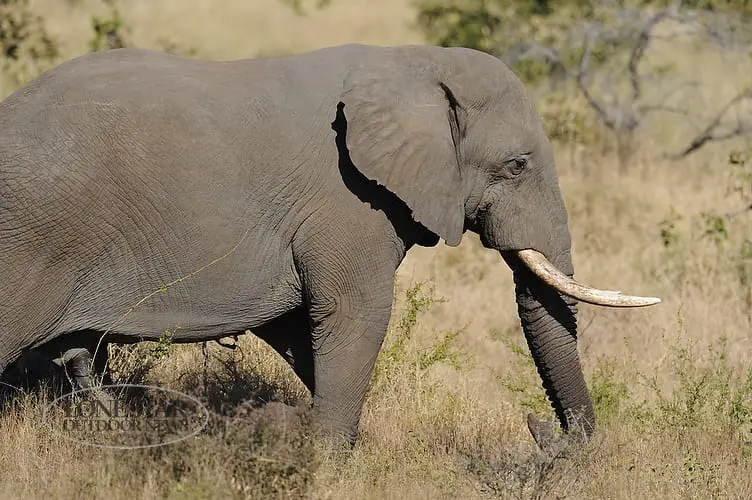The U.S. Fish and Wildlife Service has taken more steps to curb the elephant ivory trade, and one rule in the new edict could rub some Texas hunters the wrong way.
“We have one goal: to shut down the illegal trade in ivory that is fueling the poaching crisis facing African elephants today. By implementing a near complete ban on trade in elephant ivory, we are effectively closing loopholes and eliminating the cover provided by legal commercial trade that traffickers have exploited for years,” said USFWS Director Dan Ashe. “That said, we have listened to the very real concerns expressed by the regulated community and have made common-sense adjustments.”
However, buried in the new rule is a provision that would stop American hunters from importing ivory from more than two legally-hunted elephants in a single year.
“These administrative actions will not significantly impact the import into the United States of African elephant sport-hunted trophies,” according to the USFWS website. “The AECA specifically allows such imports. We will propose to limit imports to two African elephant trophies per hunter per year. This limitation will affect very few importers.”
It goes on, “We will propose to limit the number of elephant sport-hunted trophies that an individual can import to two per hunter per year. To do this, we will publish a proposed or interim final rule with an opportunity for public comment to revise the 1989 AECA moratorium and create regulations under the AECA in our general wildlife import/export regulations (50 CFR Part 14).
“UPDATE as of 5/15/14: We will publish a proposed rule, with opportunity for public comments by the summer of 2014.”
Why limit legal, American sport hunters from bringing in ivory from legally killed elephants?
This rule does not appear to reverse the unilateral decision to end ivory importation from Tanzania and Zimbabwe that was handed down earlier this year.
This appears to be another step for the current administration running USFWS to punish legal elephant hunters for the sins of poachers and illegal wildlife dealers.
Photo by Lili Sams, for LSON.


